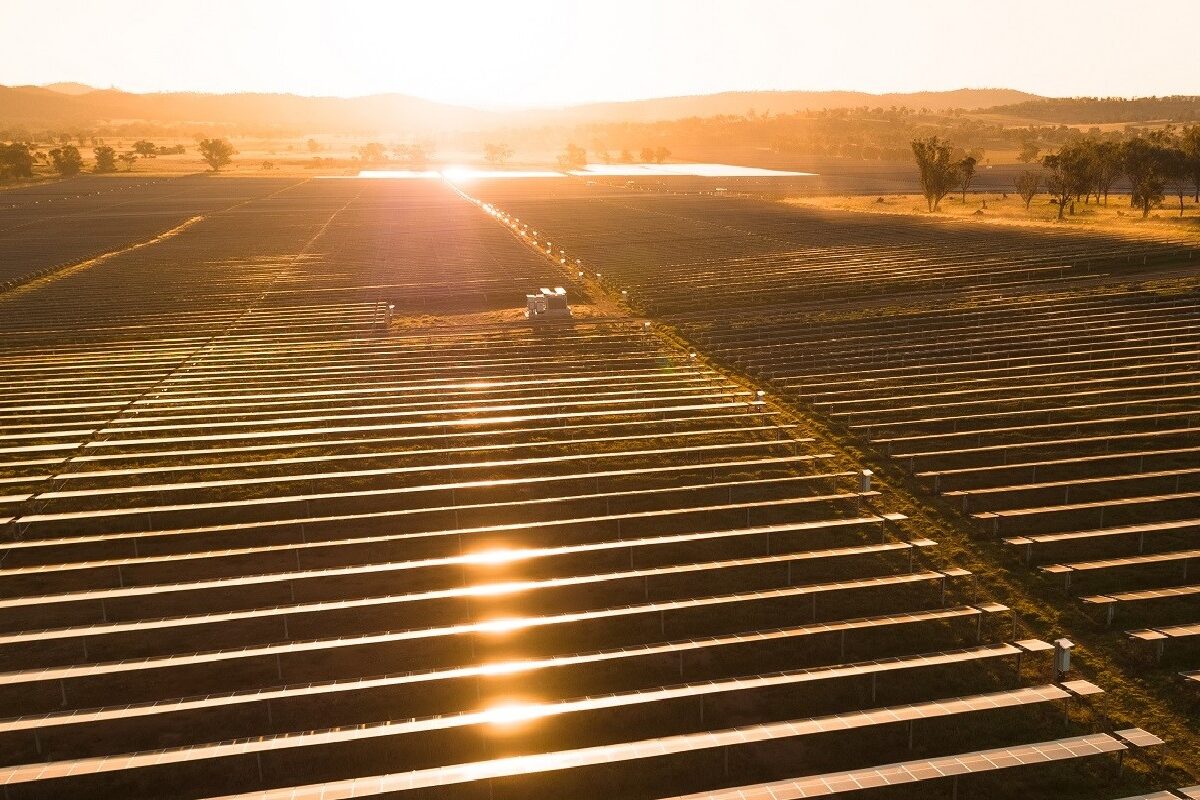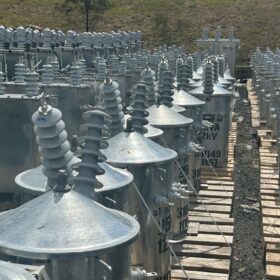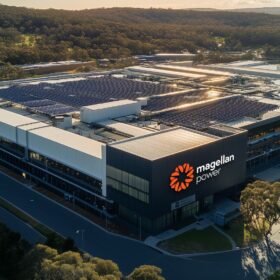Melbourne-headquartered Amber Electric is looking to further expand its home battery and electric vehicle (EV) automation technology into global markets after landing $10 million (USD 6.62 million) in international funding.
Amber’s platform gives customers access to real-time electricity prices and the technology needed to automate and optimise their solar and battery assets.
The company said by giving households direct access to the wholesale energy market, it enables them to use, store and sell electricity at the most valuable times, turning solar, batteries and EVs into assets that deliver maximum value.
“Customers capture the full value of their household batteries and EVs in the energy market while accelerating the renewable transition,” it said.
Amber said it serves more than 40% of the growing domestic solar and battery automation market and the new capital will accelerate the licensing of its platform to utilities internationally, enabling more households in new markets to benefit from automation.
The new funding, featuring equal investment from United Kingdom energy supplier E.ON Next and Australia-based climate investor Virescent Ventures, comes after Amber banked a separate $45 million round earlier this year.
Amber co-Chief Executive Officer Chris Thompson said the new backing highlights the growing global demand for the company’s Australian-built platform.
“Having both E.ON and Virescent invest in Amber shows the strength of support for our technology at home and abroad,” he said.
“From one of Europe’s largest utilities to a leading Australian climate technology investor, this backing demonstrates that our model resonates globally. It also reflects the growing recognition that households can take an active role in the energy market, reducing costs and supporting a more flexible system.”
E.ON is already piloting Amber’s technology with up to 1,000 UK homes under its “Next Solar Max” trial, combining a dynamic tariff with automated solar and battery optimisation.
Chris Norbury, Chief Executive of E.ON UK, said by opening up direct access to the energy market it will allow households to capture the full value of their solar and batteries while supporting a smarter, more flexible grid.
“Giving people the technology to access dynamic pricing and to optimise the energy generated by their solar panels or stored in their home batteries means you can not only lower energy bills in the short term but also turn everyday households into a driving force of the energy transition,” he said.
This content is protected by copyright and may not be reused. If you want to cooperate with us and would like to reuse some of our content, please contact: editors@pv-magazine.com.









By submitting this form you agree to pv magazine using your data for the purposes of publishing your comment.
Your personal data will only be disclosed or otherwise transmitted to third parties for the purposes of spam filtering or if this is necessary for technical maintenance of the website. Any other transfer to third parties will not take place unless this is justified on the basis of applicable data protection regulations or if pv magazine is legally obliged to do so.
You may revoke this consent at any time with effect for the future, in which case your personal data will be deleted immediately. Otherwise, your data will be deleted if pv magazine has processed your request or the purpose of data storage is fulfilled.
Further information on data privacy can be found in our Data Protection Policy.